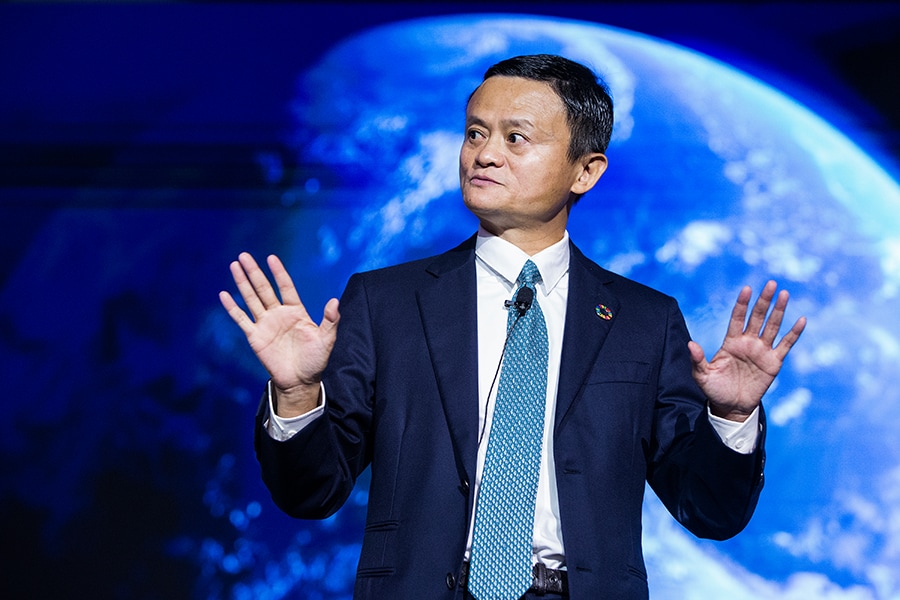
China opens antitrust investigation into Alibaba, the e-commerce giant
The investigation in China coincides with efforts by the United States and European Union to curb the power of Western internet giants such as Google and Facebook
 Image: VCG/VCG via Getty Images
Image: VCG/VCG via Getty Images
China’s market regulator said Thursday that it had opened an anti-monopoly investigation into e-commerce giant Alibaba, ratcheting up the government’s scrutiny of one of the world’s most valuable internet companies.
In a terse statement, the State Administration for Market Regulation said it had started the inquiry amid reports that Alibaba had engaged in monopolistic conduct such as placing unreasonable restrictions on merchants or other users of its platforms.
Alibaba said in a statement that it would cooperate with regulators and that its businesses were operating normally in the meantime.
The investigation in China coincides with efforts by the United States and European Union to curb the power of Western internet giants such as Google and Facebook. Frustration has been building for years in Washington and Brussels over the outsize influence that a few tech companies wield over commerce, speech and advertising across a vast swath of the globe.
China has produced its own crop of powerful internet titans, including Alibaba, JD.com and Pinduoduo in digital commerce; Tencent in gaming, social media and mobile payments; ByteDance in short-form entertainment; Didi Chuxing in ride hailing; and Meituan in food delivery. For years, the companies had been celebrated as icons of China’s technological advancement. Now, the authorities are taking a closer look at how their size and clout are affecting competition and the business landscape.
©2019 New York Times News Service




